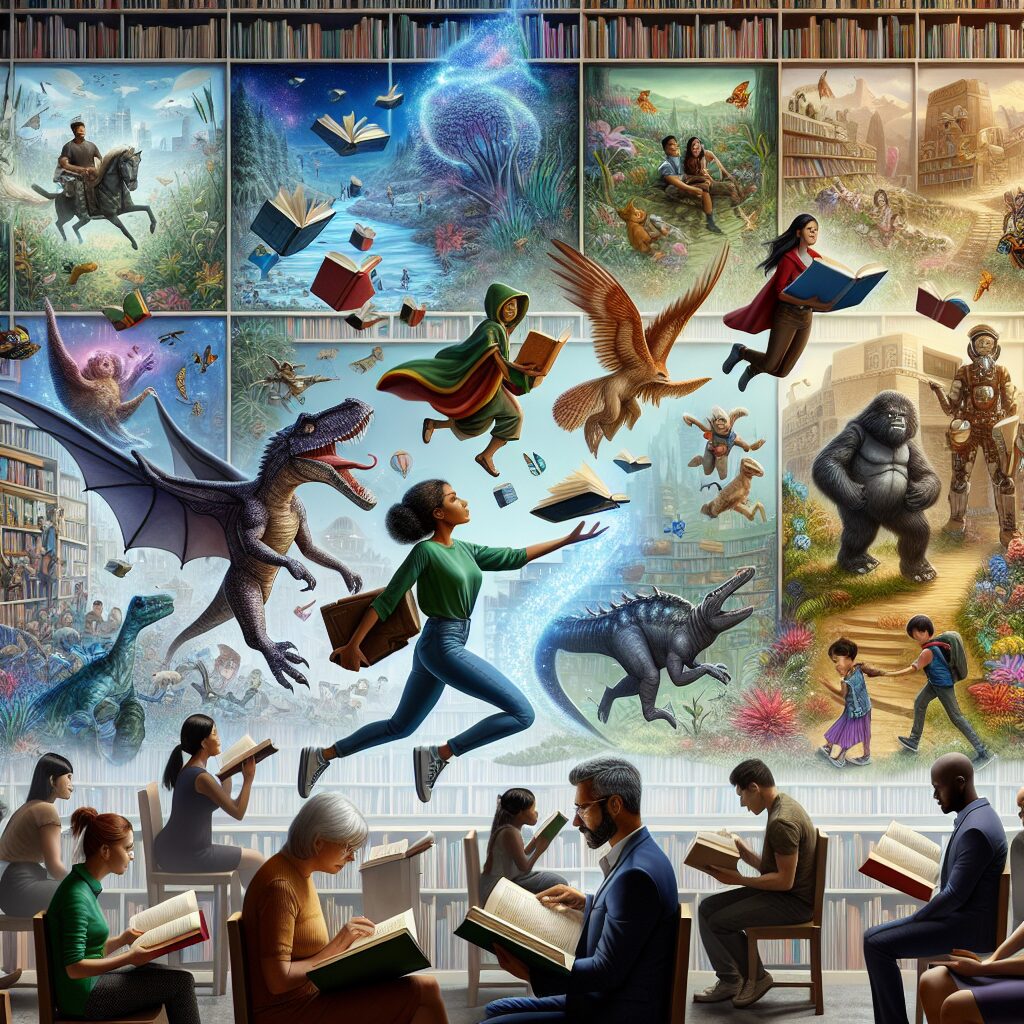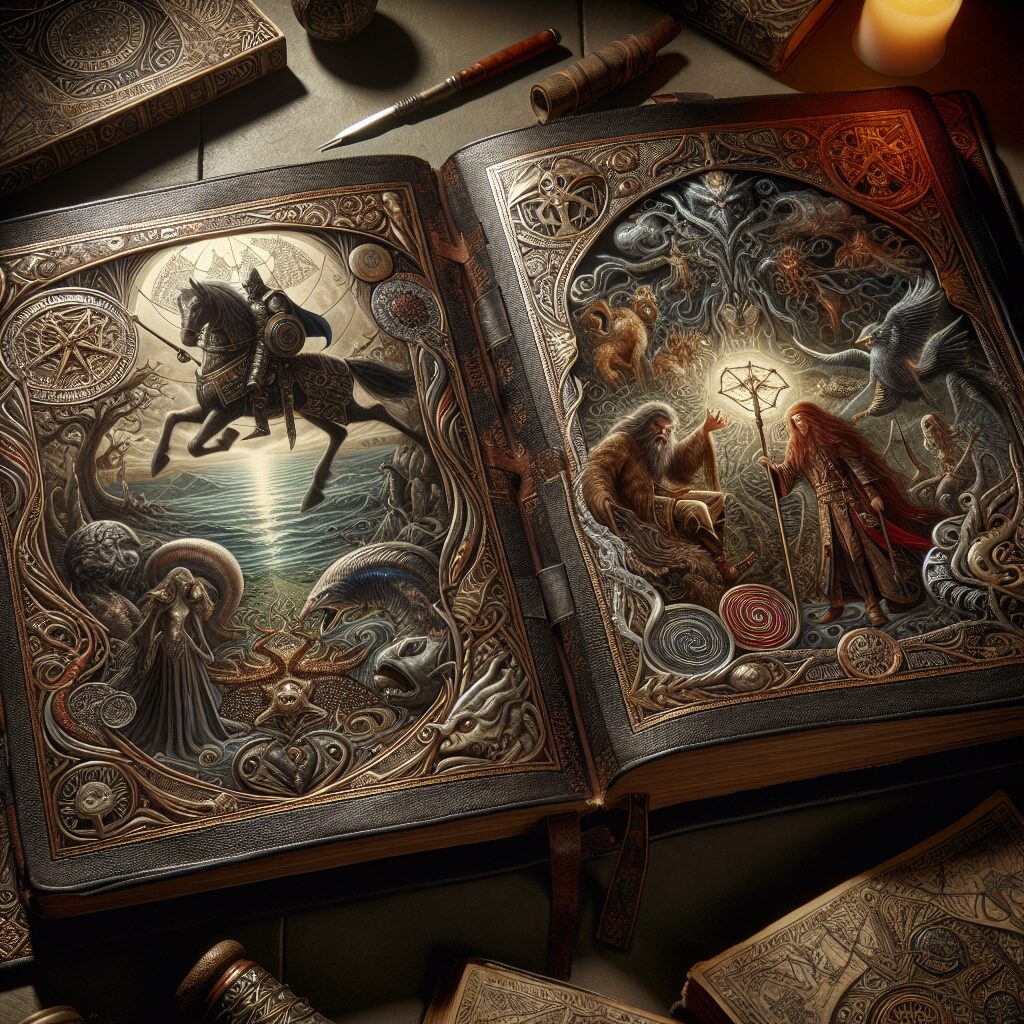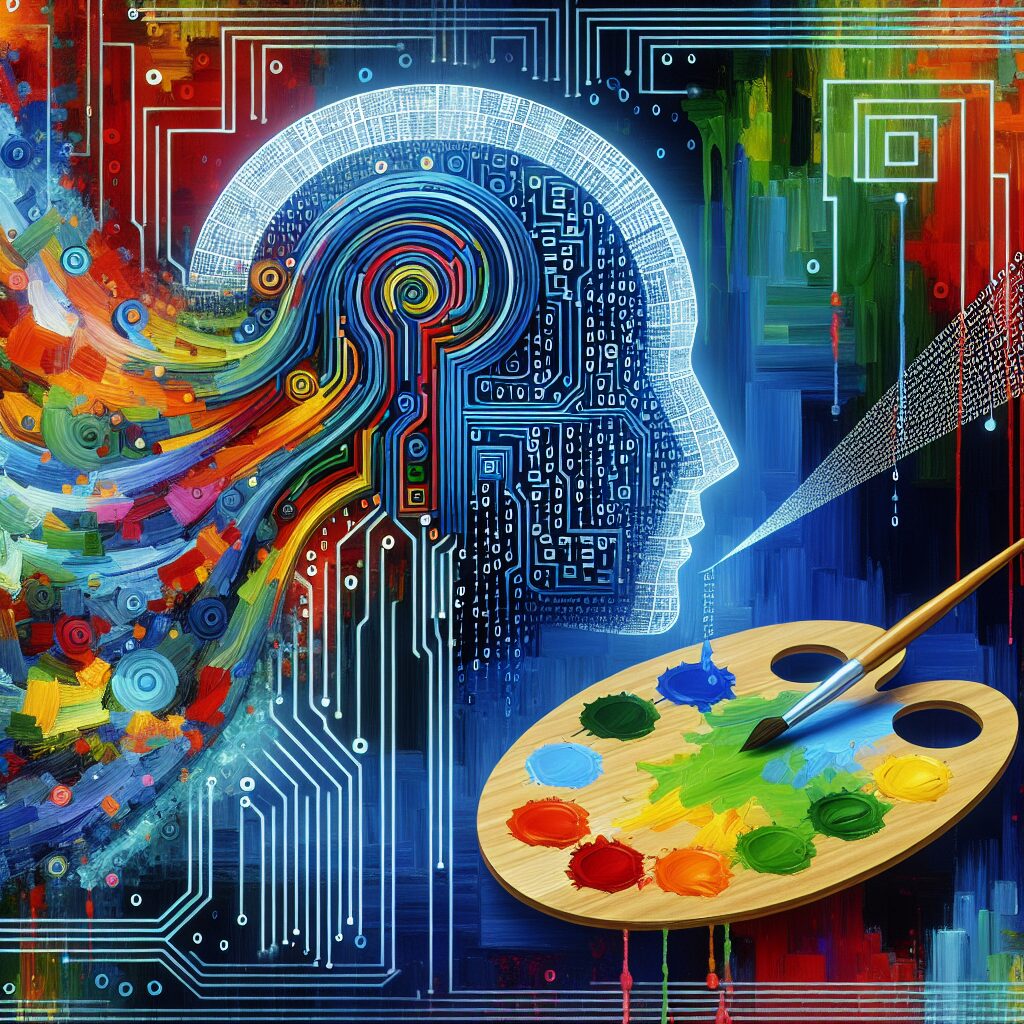AI-Generated Tales
Synthetic intelligence (AI) is revolutionizing the artistic panorama, producing compelling tales and poetry that problem conventional literary norms. From AI-generated poetry collections to complete novels written by machine-learning fashions, this expertise is reshaping how content material is created, consumed, and monetized. Professionals in publishing, content material creation, advertising, and marketing want to grasp the influence of AI on storytelling and easy methods to leverage its potential.
How AI Generates Tales and Poems

Pure Language Processing (NLP) and Deep Studying
AI-generated content material is powered by superior NLP and deep studying algorithms that analyze huge quantities of textual content to generate human-like narratives. Some key applied sciences embody:
- Transformer Fashions (e.g., GPT-4, Bard, Claude): These fashions predict and generate textual content primarily based on patterns present in current literature.
- Recurrent Neural Networks (RNNs): Utilized in poetry and storytelling for his or her potential to retain context throughout sequences.
- Effective tuning and immediate engineering: customizing AI responses to align with particular artistic targets.
Actual-World Purposes
- Publishing: AI-generated books, brief tales, and poems are coming into the market, some even changing into bestsellers.
- Advertising and Branding: AI-crafted narratives improve model storytelling, making campaigns extra partaking.
- Content material Creation for Social Media: AI-generated poetry and micro-fiction are broadly shared, driving engagement.
Advantages of AI-Generated Inventive Content Material
Enhanced Productiveness
- Automates content material creation, decreasing effort and time for writers and entrepreneurs.
- Gives a place to begin for human writers, improving effectiveness.
Elevated Accessibility
- Makes artistic writing accessible to these without formal coaching.
- Assists people with disabilities by producing textual content via voice instructions.
Knowledge-Pushed Personalization
- AI tailors tales and poems primarily based on personal preferences.
- Helps manufacturers craft customized narratives for goal audiences.
Challenges and Moral Considerations
Copyright and Mental Property Points
- Who owns AI-generated content material? Present authorized frameworks are nonetheless evolving.
- The danger of plagiarism or unintentional replication of copyrighted work.
Lack of Human Emotion and Authenticity
- Whereas AI mimics fashion and construction, it might lack real human feelings.
- Some readers and writers value human creativity over machine-generated content material.
Moral Use of AI in Literature
- Ought to AI be credited as a co-author?
- Transparency in disclosing AI-generated content material is essential for moral publishing.
Professional Suggestions: Making the Most of AI-Generated Content Material
📌 Mix AI with Human Creativity: Use AI to draft concepts, then refine them with human contact.
📌 Experiment with completely different AI instruments: Platforms like ChatGPT, Sudowrite, and Jasper provide assorted artistic capabilities.
📌 Keep up to date on authorized adjustments: Preserve monitoring of copyright rules concerning AI-generated content material.
📌 Leverage AI for Inspiration: Use AI-generated prompts to beat the author’s block.
Way forward for AI in Storytelling and Poetry

Specialists predict that AI will proceed to evolve, probably collaborating with people to provide hybrid literary works. Future improvements could embody:
- AI-Powered Interactive Fiction: Personalised tales that adapt primarily based on reader input.
- AI-Assisted Poetry Workshops: Instruments that help poets refine their craft.
- Automated Screenplay Writing: AI-driven storytelling for movies and TV.
Conclusion
AI-generated tales and poems are reshaping the literary and artistic industries. Where challenges exist, AI’s potential to boost productiveness, accessibility, and personalization can’t be ignored. Professionals ought to discover AI’s capabilities while sustaining moral and artistic integrity.
🔍 What are your ideas on AI-generated literature? Share your opinions within the feedback!
Outbound Hyperlinks:
- OpenAI GPT-4: Study GPT-4’s capabilities in content material creation.
- MIT Technology Review: Discover AI’s influence on artistic writing.
- World Intellectual Property Organization: Perceive AI copyright legal guidelines.

